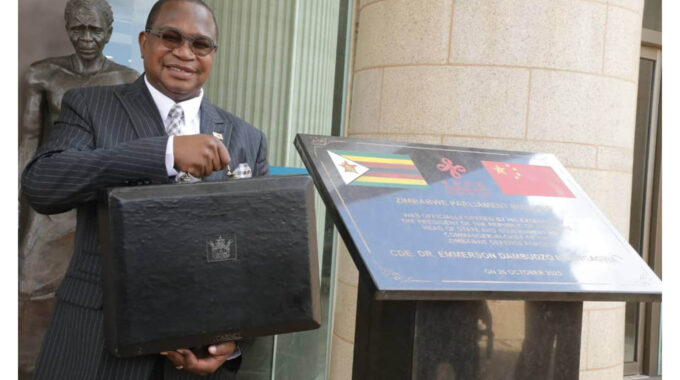Women entrepreneurs encouraged to seize export opportunities
THE value of empowering women and increasing their participation in economic activities cannot be overemphasised on value added production and penetration of new markets.
Zimbabwe’s import bill from South Africa stood at US$248 billion in 2020, which largely comprised maize US$214 million, electrical energy US$110 million and soya bean oil US$69 million.
Zimbabwean manufactured products enjoy some preferential treatment in terms of tariff on qualifying products as South Africa is member state to the Sadc Trade Agreement and the African Continental Free Trade Area (AfCFTA).
These trade agreements are key in lowering the duties payable thereby it assists in achieving a competitive pricing.
Currently, several Zimbabwean enterprises are supplying other provinces such as Gauteng, Western Cape and Eastern Cape whilst there is little presence in the Limpopo Province.
There have been considerable developments on the global business landscape in this regard over the past few years, which have seen more women starting and owning businesses.
However, there is still plenty of opportunity to ensure that women led businesses participate more in international trade.
Sectors such as manufacturing and food processing, horticulture, engineering services and furniture all are currently underserved by women entrepreneurs and therefore are good opportunities for those willing to enter into exports.
Given its proximity to the country, ZimTrade’s market survey identified huge opportunities for Zimbabwean products, which can ride on their high quality to penetrate the Limpopo market.
It is generally understood that around the world, women-led SMEs in export tend to employ more people, pay workers more and also tend to be more productive compared to similar businesses owned by men.
Despite this fact, a survey held by the International Trade Centre in 20 developing countries found that only just 20 percent of exporting private companies are owned by women (ITC, 2015).
A number of obstacles to export trade are usually highlighted by female entrepreneurs, one of which is that there are numerous administrative obstacles that include rules, regulations and legal requirements.
As the country’s trade development and promotion organisation, ZimTrade has been working with various Government agencies and privileged partners to assist internationally inclined women-led businesses to equip them with knowledge on export
related documentation.
Access to markets and market related information is another barrier that dissuades
female entrepreneurs from venturing into export markets.
Most women-led SMEs often lack access to timely, detailed market information which
can guide them on where there are ready markets for their goods and services.
In discharging its mandate of growing Zimbabwe’s exports, ZimTrade’s service portfolio
includes the dissemination of market intelligence to existing, new and potential
exporters alike.
New and potential exporting women entrepreneurs are urged to seek reliable information
on products and services with potential so that they leverage on available opportunities.
Further to this, there are challenges of funding faced by most women-owned businesses
that presents them from actively engaging in export business. Access to affordable
finance is critical for the growth of exports across the world and especially for Zimbabwe
as the country seeks to boost its exports and spread its footprint across the globe.
According to the World Trade Organisation, up to 80 percent of world trade is backed by
some sort of financing or credit insurance and it is estimated around US$10 trillion a
year.
Trade financing supports the flow of credit in various supply chains and typically assists
companies manage their cashflows for international payments, associated risks as well
as provide needed trade related working capital.
According to RBZ, only about 3,78 percent of the total loans and advances by
Zimbabwean banks go towards the SME sector, where most women-led businesses are
found.
Further to this, conventional funding options often require collateral, making it difficult
for young people to get funding. To address these problems, financial institutions should
avail funding facilities tailored for youth-led SMEs to help turn their ideas into viable
businesses that can help grow economy and boost exports.
In addition, most female business owners are skeptical of export markets in fear of
violation of their intellectual properties. This is usually true for those in the IT, fashion
as well as the arts and crafts industries, resulting in them opting to produce for the local
market only.
Over the past few years, local and international laws have been promulgated to protect
the intellectual property rights of both individuals and companies, and organisations
such as ARIPO over assistance with the legal protection required by exporters as they
enter foreign markets.
In helping to protect the rights of exporters, ZimTrade regularly organises export
awareness seminars which include presentations on Intellectual Property Rights to
ensure that exporters are armed with the information that will ensure they safeguard
their efforts.
As the New Year draws nigh, it is time for women in business to take a deliberate stance
towards taking their businesses across international datelines by exporting their
products and services around the world. – Sourced from ZimTrade newsletter.-The Chronicle











